EV Maintenance: Simplicity and Cost-Effectiveness
A NEW sustainable mobility option arrives to Cayman!
Electric vehicles (EVs) have reshaped the landscape of modern transportation, offering a clean and efficient alternative to traditional gasoline-powered cars. Beyond their eco-friendly advantages, EVs also stand out for their minimal maintenance needs and significant cost-effectiveness. In this article, we delve into the world of EV maintenance, highlighting how this simplicity translates into long-term savings and peace of mind for EV owners.
1. Introduction
2. The Minimal Maintenance Needs of Electric Vehicles
3. Cost Savings Over the Long Term
4. Battery Care: A Key Aspect of EV Maintenance
5. DIY vs. Professional Maintenance
6. Maintenance for Specific EV Components
7. The Importance of Software Updates
8. Extended Vehicle Lifespan
9. Peace of Mind and Warranty Coverage
10. Environmental Benefits of Low Maintenance
11. Conclusion
1.- Introduction
Electric vehicles (EVs) have revolutionized the way we think about transportation. They're not only environmentally friendly but also remarkably efficient in terms of maintenance. In this article, we'll delve into the world of EV maintenance, exploring the simplicity and cost-effectiveness it offers, making them an attractive choice for modern drivers.Párrafo nuevo
2.- The Minimal Maintenance Needs of Electric Vehicles
One of the most compelling aspects of EV ownership is the remarkably low maintenance requirements. Unlike conventional vehicles, EVs have fewer moving parts, resulting in reduced wear and tear. In essence, the simplicity of electric vehicle design contributes to fewer components that can break down, translating into less frequent and less costly maintenance.
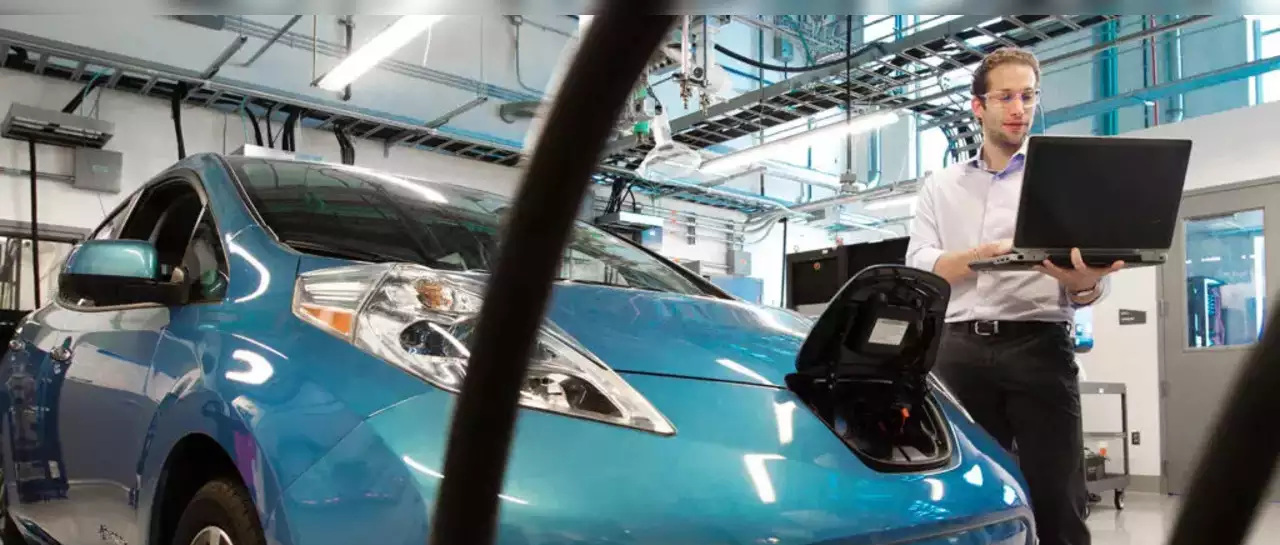
Traditional internal combustion engine (ICE) vehicles rely on complex systems like the transmission, exhaust, and spark plugs, all of which require regular maintenance and eventual replacement. Conversely, electric vehicles are propelled by electric motors, which have far fewer moving parts and a longer lifespan. This translates into lower maintenance costs and less time spent at the auto repair shop for EV owners.
While the upfront purchase price of an electric vehicle might be slightly higher than that of a traditional car, the long-term cost savings are substantial. The minimal maintenance needs of EVs lead to significantly lower expenses over the vehicle's lifespan. Consider this: no oil changes, no transmission fluid replacements, no exhaust system repairs, and no timing belt replacements. These cost-saving aspects alone make EVs an appealing choice for the budget-conscious.
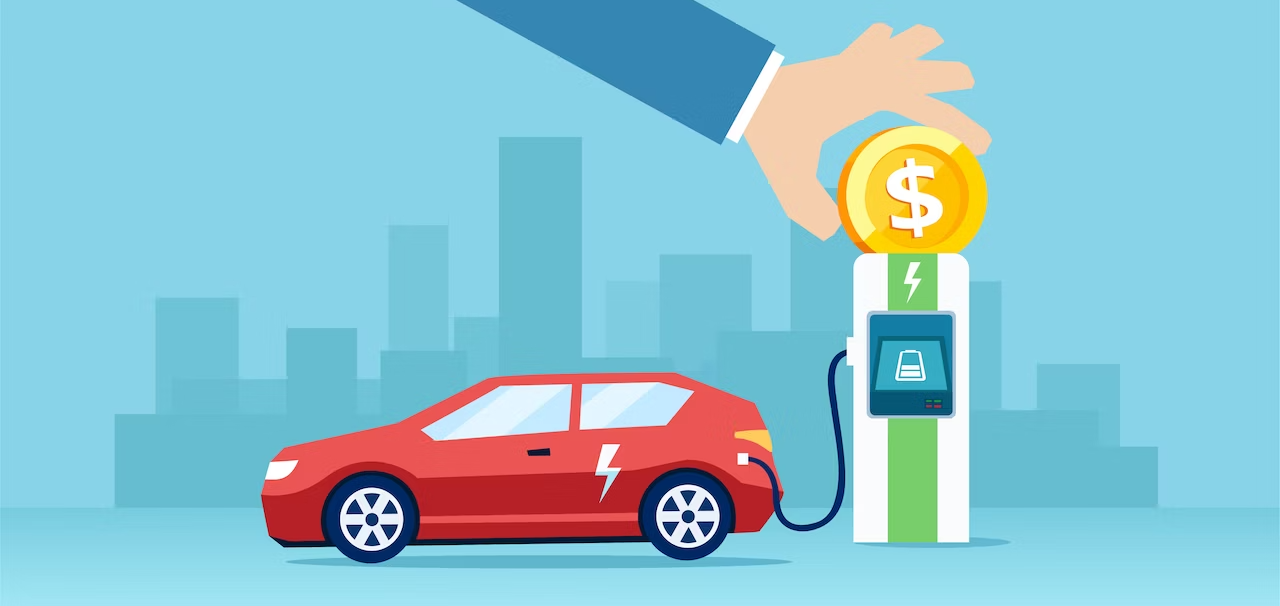
Furthermore, with electric vehicles, there's no need to worry about fluctuating gasoline prices. EV owners can charge their vehicles at home, taking advantage of lower electricity rates during off-peak hours. Some public charging stations even offer free charging, further reducing the cost of driving an EV.
The battery is the heart of any electric vehicle, and its proper care is essential. While EV batteries have become more robust and long-lasting, maintaining them is crucial for vehicle longevity. Fortunately, ensuring the health of your EV's battery is straightforward.

The key to battery care is to follow best practices for charging, storage, and temperature control. Modern EVs come equipped with battery management systems that help prevent overcharging and overheating, but owners can take additional steps to preserve battery life.
Charging your EV to a maximum of 80% on a regular basis, avoiding deep discharges, and storing the vehicle in moderate temperatures can significantly extend the life of the battery. Following these guidelines minimizes the need for costly battery replacements.
When it comes to maintaining an electric vehicle, owners often have the option to perform some maintenance tasks themselves. While basic maintenance, such as tire rotation and cabin air filter replacement, can be handled by most EV owners, some aspects may require professional attention.

EVs, like all vehicles, may encounter issues that necessitate the expertise of certified technicians. These include complex tasks like battery diagnostics and software updates. However, the need for professional maintenance is infrequent, adding to the cost-effectiveness of owning an EV.
While the overall maintenance of electric vehicles is minimal, some components may require occasional attention. These components include tires, brakes, and cabin air filters. Proper tire rotation and alignment can extend the life of your tires, while maintaining efficient braking and ensuring clean air inside the cabin enhances both safety and comfort.
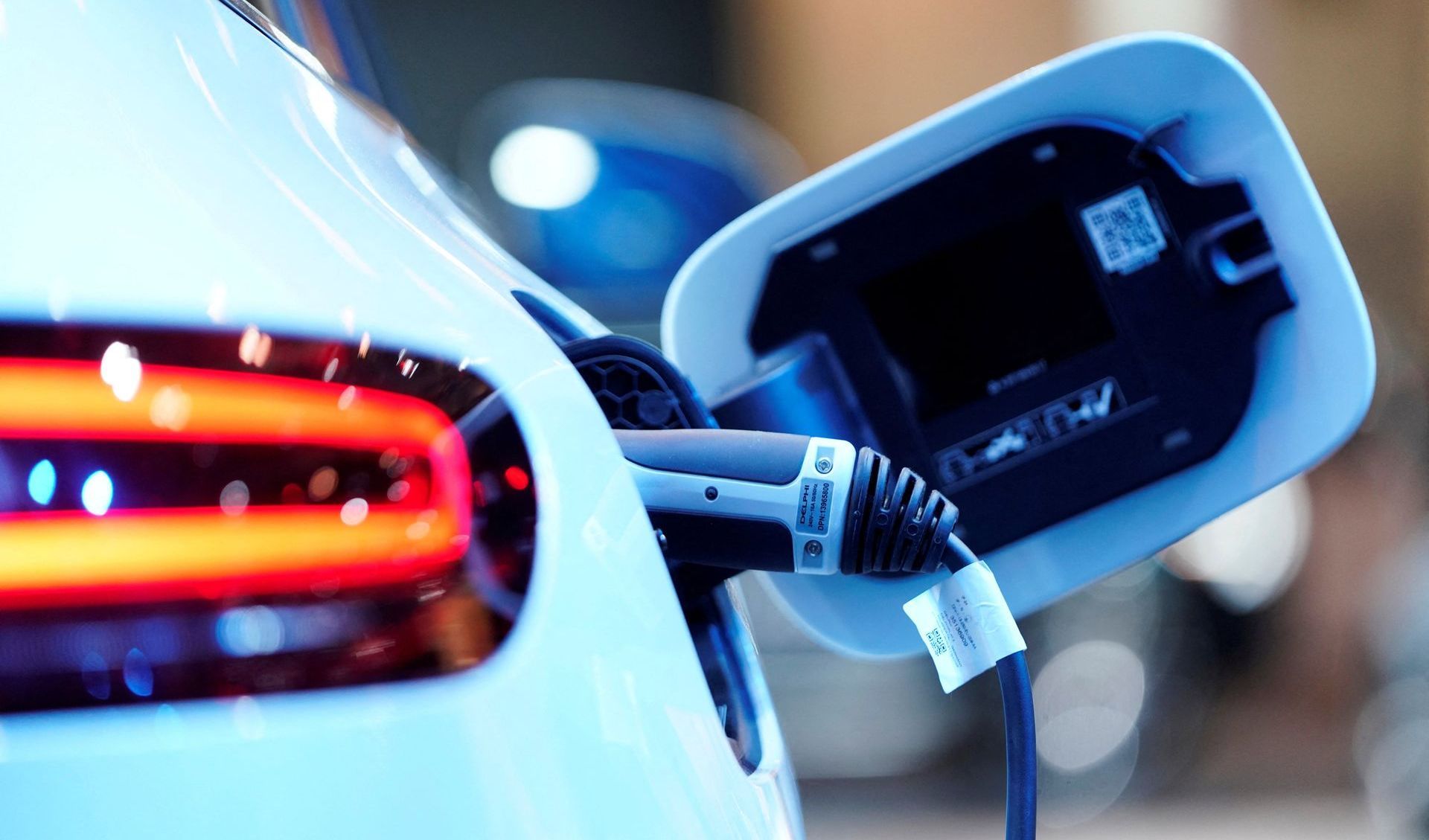
The importance of addressing these specific components should not be underestimated, as they play a role in the overall performance and safety of the vehicle.
Modern electric vehicles are equipped with advanced software that controls various aspects of the vehicle, from energy management to safety features. Manufacturers regularly release software updates to enhance vehicle performance and address potential issues. Staying up to date with these updates is crucial to ensure your EV is running at its best.
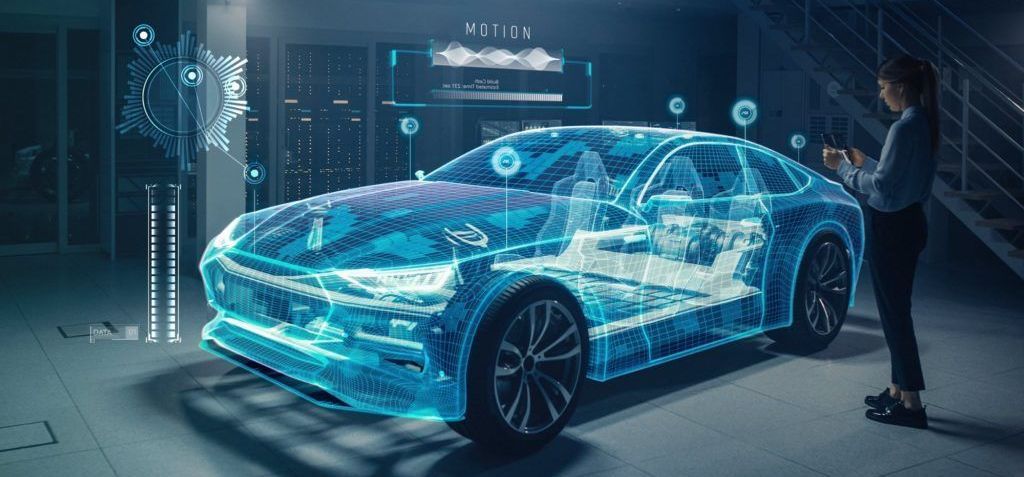
Software updates can improve energy efficiency, address potential security vulnerabilities, and introduce new features. By keeping your EV's software current, you are not only ensuring optimal performance but also extending the life of the vehicle.
Electric vehicles are known for their durability and extended lifespan. The simplicity of their design and reduced mechanical wear and tear contribute to their longevity. EVs have been proven to have a longer lifespan than many traditional vehicles, which means you'll enjoy your electric vehicle for many more years.
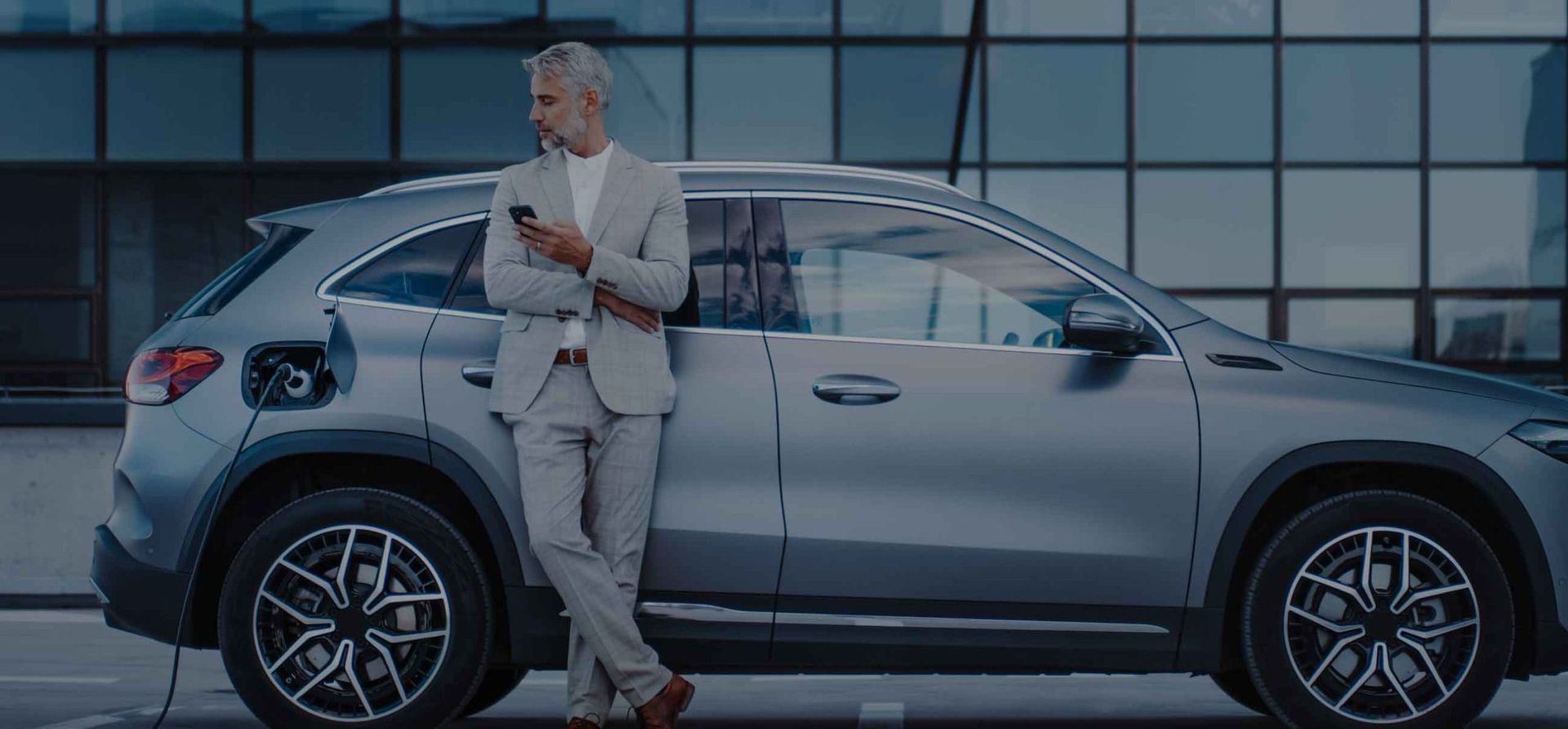
This extended lifespan also has a positive impact on the resale value of electric vehicles. It's not uncommon for used EVs to retain their value better than their gasoline-powered counterparts, providing additional long-term cost savings for owners.
Many electric vehicle manufacturers offer comprehensive warranties that cover not only the vehicle but also the battery. These warranties provide peace of mind to EV owners, assuring them that they are making a sound and cost-effective investment.

Warranty coverage often includes the repair or replacement of key components, such as the battery, for a specified period. This significantly reduces the financial risk associated with potential maintenance and repair costs.
Reduced maintenance requirements for electric vehicles translate into fewer resources and less waste. With fewer parts to manufacture, maintain, and dispose of, the environmental impact of EV maintenance is significantly lower compared to traditional vehicles.
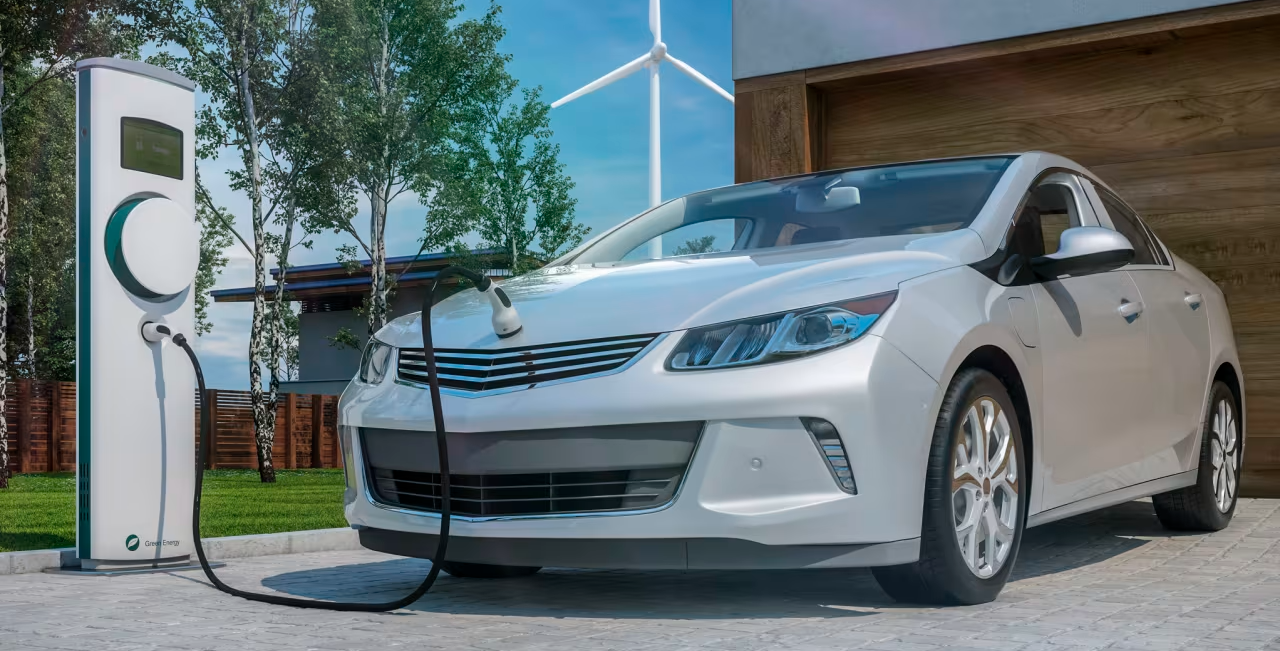
Choosing an electric vehicle isn't just a cost-effective option; it's also an eco-conscious decision. Reduced maintenance aligns with the broader goals of sustainability and environmental responsibility, contributing to a cleaner and healthier planet.
In conclusion, electric vehicles offer a refreshing take on maintenance, making car ownership simpler and more cost-effective. With fewer components to worry about and longer vehicle lifespans, EVs are changing the way we think about personal transportation. Their minimal maintenance needs not only save money but also contribute to a greener, more sustainable future.
Visit our Showroom to know more about our EV vehicles available!

